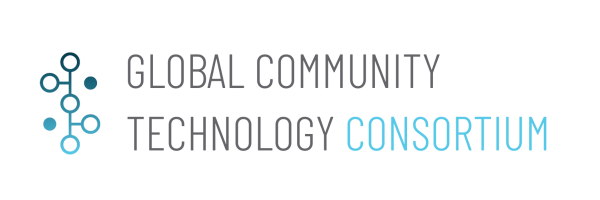IoT Enabled Smart City Workshop
| IoT Enabled Smart City Workshop | |
|---|---|

| |
 | |
| Team Organizations | Sonoma County Water Agency Center for Environmental Inquiry Sonoma State University Engineering Science Department Sonoma State University Facilities Makers’ space – Sonoma State University |
| Team Leaders | Shivakumar Mathapathi |
| Participating Municipalities | Rohnert Park CA |
| Status | Implemented |
| Document | [[File:Tech Jam Presentation|Download]] |
Description
Create tutorials, workshop and practice use cases for smart cities. Demonstrate smart city applications as per NIST framework (work in progress). The workshop also discusses about IoT standards and protocol which would help ; community partners and city/municipality staff to get familiar with national as well as international IoT standards.
Demonstrate how the vulnerability and external threats affect Cybersecurity and privacy. Build a model for the city and municipality leaders to visualize and take corrective steps.
Build prototypes as per municipalities requirement and scale for other cities. Utilize NSF funded Maker’s space at Sonoma State University. The Lab is open for all cities/municipalities to build their proto types. The Lab has facilities to build product from scratch. (paper concept to proto type)
Challenges
- Most cities and municipalities are under equipped with knowledge and skills needed to design and build smart city applications.
- Shortage of trained IoT and IT resources at the city level
- Local Universities to work with closest city /municipality is still a missing partnership
Solutions
- Bridge local University and City/municipalities partnership to analyze the requirement and build proto types
- Lack of know-how on IoT standards, prototypes and smart city framework.
Major Requirements
- Gather requirement and training needs from the City of Rohnert park. We are planning to kick off this project by inviting all stakeholders from the city as well few residents and seek their inputs on what are training needs.
- Create scope of workshop/ tutorials and requirements, project plan
- Develop syllabus of the workshop based on the requirement gathering
- Recruit instructors (within SSU) and TA’s (students) for teaching and lab exercises.
- Create tutorials and lab documentations.
Performance Targets
| Key Performance Indicators (KPIs) | Measurement Methods |
|---|---|
|
|
Standards, Replicability, Scalability, and Sustainability
The workshop and tutorials content shall be prepared to meet the desired IoT Standards for instance; IETF, ISO, OMA-LWM2M, IPSO and NIST smart city framework.
Cybersecurity and Privacy
The workshop and lab sessions include Cybersecurity and Privacy teaching models. It’s also planned to have few working prototypes to demonstrate how to address vulnerability and cyber security threats.
Impacts
- Create trained resources within the community
- Enabling city leaders and staff in making decisions for design, development and implementations of IoT based smart city applications
- Create awareness of system vulnerability and threats and get prepared to address these undesired events
- Utilize SSU’s maker’s space (NSF funded lab) to create proto types as well small quantities of production.
Demonstration/Deployment
- Planned to present the first draft during SCC Tech Jam 2018
- Present first version by Winter 2018
- working proto types by Spring 2019